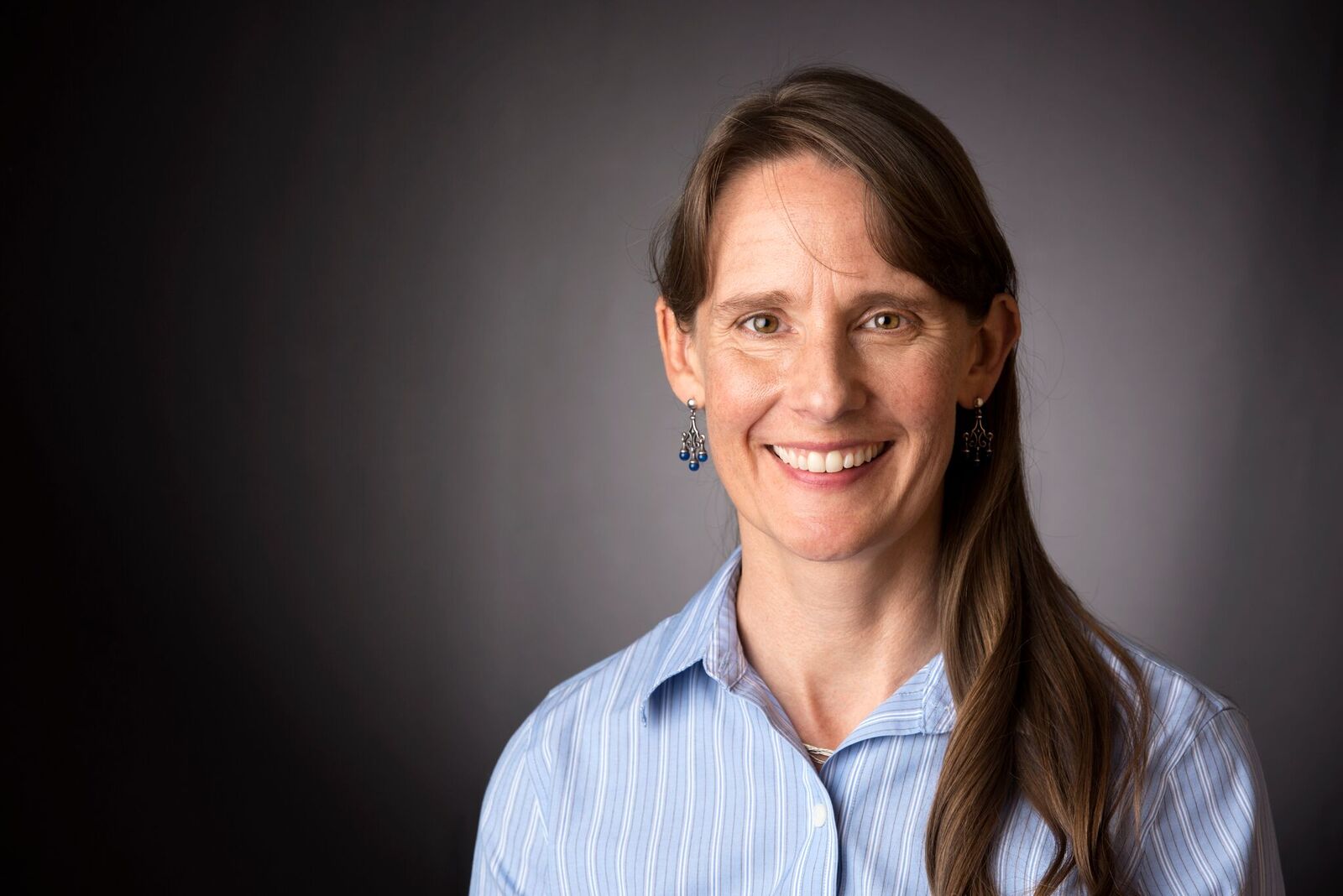Dr. Kristin Dutcher Mann, a history professor at UA Little Rock, is working to make it easier for students across the world to learn about the history of Spanish colonial missions in North America.
Mann contributed content on the subject as part of the Oxford University Press Uncovering World History Series, a collection of digital volumes that provides history instructors with tools to teach historical thinking skills.
“It was a really interesting project to be a part of,” Mann said. “It married my interest in teaching and research experience in Colonial Latin America. The module was field tested with community college and university students. One of my colleagues utilized it with our students in the history department, so it was cool to have students be part of the development process.”
The series interweaves content and skills in carefully designed modules that are delivered to students in an affordable, engaging, and active-learning environment.
“This is a module that can be imported into Canvas, Blackboard, or any learning management system that students use,” Mann said. “Students examine a variety of textbook interpretations and non-traditional primary sources, such as music and dance, to try to answer the question, ‘How should we characterize the missions of Northern New Spain?’”
It’s a question that historians have been asking since the 19th century, with a lot of different but not definitive answers.
“Were they places of civilization and advancement of the frontier, cultural exchange, and religious conversions, as some suggest?” Mann asked. “Others have termed them as sites of genocide, so there is a wide range of ideas about what these missions and missionaries represented.”
Spanish missionaries in North America span from the 1560s to the 1840s. The earliest mission, Nombre de Dios, was founded in Saint Augustine, Florida, in 1565.
“This is even earlier than what we normally think of as the beginning of North American English history when the Jamestown colony was established in Virginia,” Mann added.
Some of the activities Mann created for the Uncovering World History Series are used in several of her own classes – U.S. and World History, Historians’ Craft, and Colonial Latin America. Her module is also included in another Oxford University Press Series, Uncovering Western Civilization. It will also be included in a new series being developed on U.S. history.
Additionally, Mann is also working on an article, “Inquiry-Based Teaching with Non-textual Sources and Public Facing Projects,” that will be included in an upcoming journal about teaching colonial history of Mexico and the U.S. In this research, she examines what students learn by doing history – writing about the past based on primary source research in real-world contexts.
“One of the other projects I talk about is the project my Historian’s Craft class did in 2018 with the Mexican Consulate,” Mann said. “They researched and wrote the exhibit text that went along with the Mexican Consulate’s Day of the Dead altar and exhibit at UA Little Rock.”
Mann’s preliminary research demonstrates that memorable projects – such as wrestling with how to interpret colonial missions and creating text panels for a widely-viewed public exhibit – help students see the importance and relevance of history in the world today.

